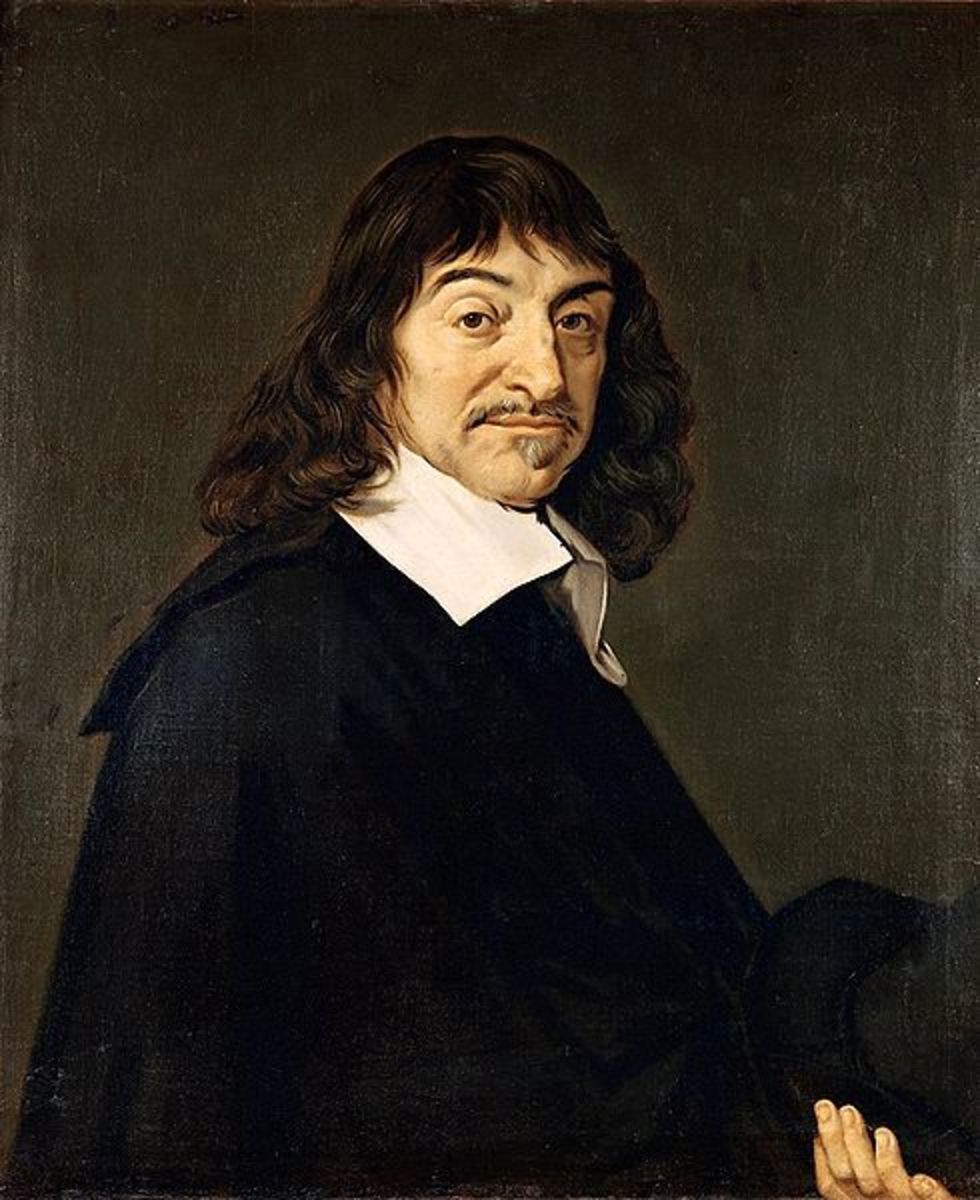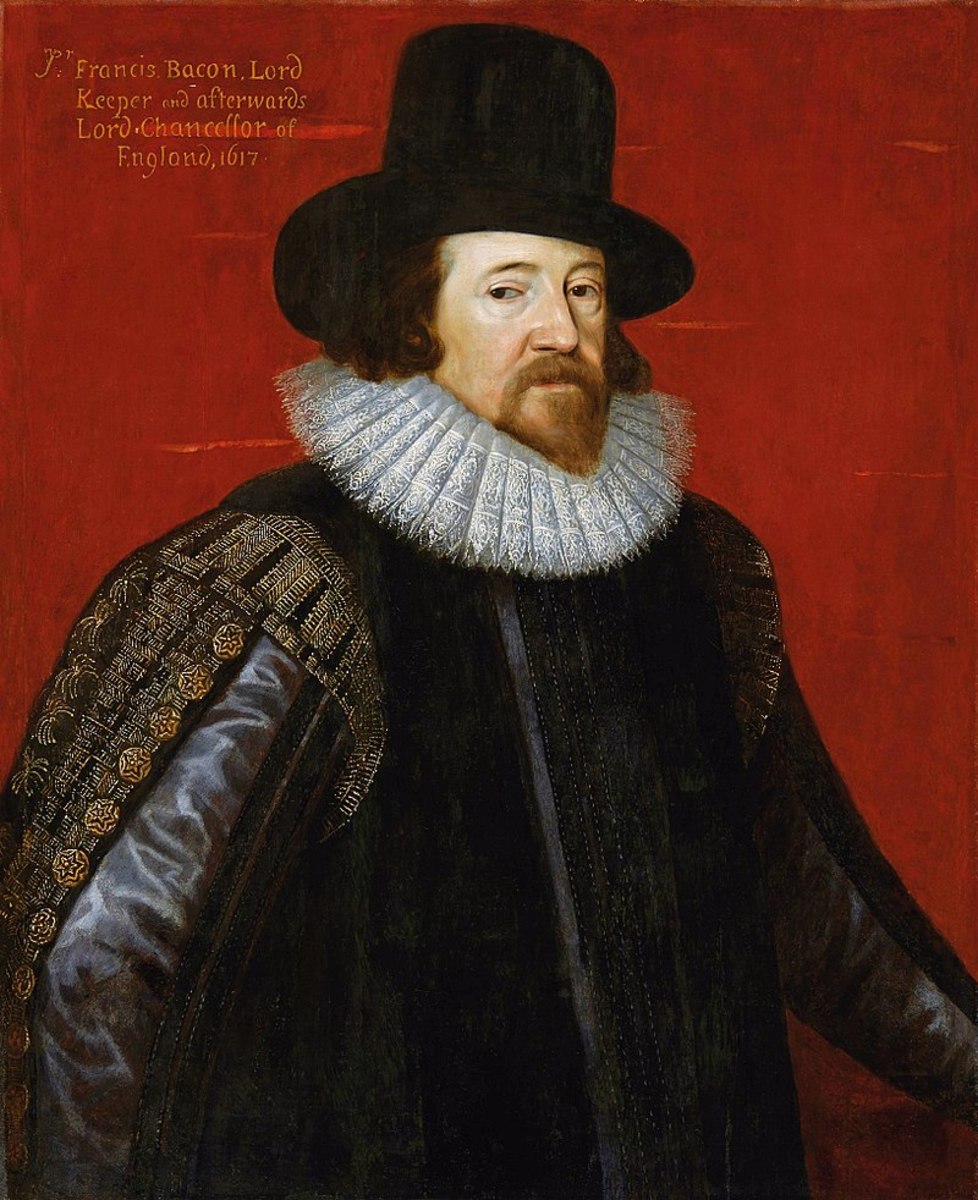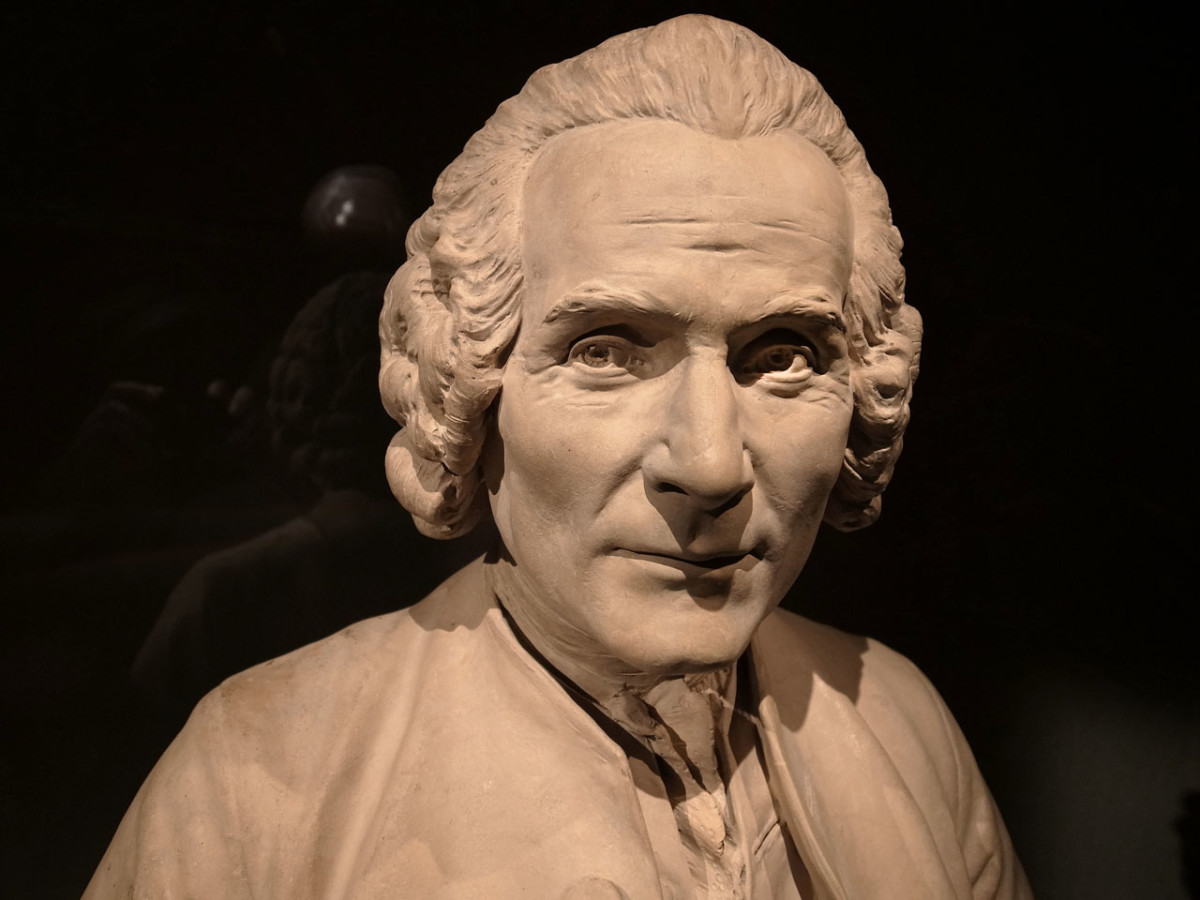Anecdotes of the Philosophers
Introduction
Unusually high intellect often leads to unusual behavior or amazing feats. The great philosophers, with their incredible minds, have affording material for countless fascinating anecdotes. Knowing several of these, I here present a few, some positive, some negative, all quite entertaining.
Diogenes of Sinope
Also known as 'the Cynic,' Diogenes was the major follower of Antisthenes, who had invented cynicism as a philosophical movement. Cynicism demanded extreme detachment from society and its rules, living according to one's reason. One way Diogenes used to scandalize the Athenians was to eat in the Agora. Any bodily function was expected to be confined to the home, where no-one else need see it. Going one beyond this, Diogenes was once found masturbating in public. Asked how he could do such a thing, Diogenes replied, "If I could satisfy my hunger by rubbing my belly, I'd do that too."
Diogenes' fame began to spread, both as a sort of madman and as a wiseman. For the latter reason, Alexander the Great reportedly came to Athens from Macedon to glean some wisdom from this eccentric philosopher. Alexander would find Diogenes in his customary place, an empty wine vat which he had made his home. When Alexander approached with praise for Diogenes wisdom and humbling himself to request audience, Diogenes replied, "Could you move? You're blocking my light."
Thomas Aquinas
When Aquinas was a student, his reserved demeanor kept him from participating in class discussions. Rather than assume shyness or meekness, the other students presumed Aquinas was simply stupid. In the Middle Ages, when noblemen frequently placed their children in monasteries or universities by force of position, it was common to have relatively unintelligent people even in university. This way Aquinas earned the nickname "the dumb ox," referring, of course, to his size and silence. Another student, taking pity on Aquinas, offered to aid Aquinas with his logic work. Aquinas accepted out of meekness. As the student attempted to demonstrate various rules of logic to Aquinas, he found himself being corrected by Aquinas. The student soon caught on and left Aquinas alone.
Rene Descartes
Knowledge, as we know, was limited in the Renaissance. Where today it would be quite impossible to study all the major fields of knowledge, it was no so centuries ago. Descartes studied in a Jesuit school in his youth. The Jesuits were renowned as scholars; having a Jesuit education was the best for which one could hope. Descartes, however, did not just master the subjects he was being taught, but having done so spent his free time in the Jesuit library. By the time he was in his late teens, he had read everything in the Jesuit library and knew everything there was to know--literally.
Knowing everything, Descartes decided to give up the scholar's life and live a little. So he did what many young men were then doing: he got involved in the war. Descartes, though, did not choose a side. Instead, he became a mercenary and fought on both sides of the war just for the fun of it. Indeed, not only did he know everything, but he also happened to be one of the finest swordsmen in France.
Gottfried Wilhelm Leibniz
Leibniz wrote obsessively, compulsively. His complete works, centuries after his death, is still not compiled. As he used to write so frequently, he had a special desk designed so he could write while travelling by carriage.
Looking through Leibniz's study at his thousands upon thousands of pages, scholars discovered a paper on which he had been working out the benefits of having a wife or not. He ultimately decided it was logically superior not to have a wife.
In his teens, Leibniz inherited his father's largely Latin library. Not knowing Latin yet did not dissuade him. He taught himself Latin simply by studying the Latin texts.
Jean-Jacques Rousseau and David Hume
Hume was well-known for his kindness and friendly manner. Rousseau was known, rather, for being a paranoid trouble-maker. When Rousseau had been driven out of both France and Sweden for heretical ideas, Hume kindly made place for him in Scotland. It was not long before Rousseau's paranoid mind went to work. He began imagining a conspiracy devoted to his disrepute growing in Scotland and imagined Hume as the mastermind of this conspiracy. He confronted Hume and eventually presented him with sixty-three lengthy paragraphs detailing the full extent of the imagined conspiracy before fleeing back to France.
Immanuel Kant
Kant believed in the supremity of rational order: The more rational the being, the more a person is that being. This led to some peculiar behavior on Kant's part. He awoke every day at the same time. He insisted on having no fewer than two and no more than five guests for dinner every day at exactly one in the afternoon. After dinner he would go for a walk, back and forth exactly eight times on one street. His walk time was so regulated that it was reported townsfolk could set their clocks by him.
The University of Koenigsberg, where Kant taught philosophy, was chronically understaffed. Lacking professors, Kant was frequently asked to teach subjects he was not qualified to teach. How did Kant teach the subjects? He made it up.
Kant once received a letter from a young lady who had read his works on ethics. Prizing Kant's genius, she sought advice on what she should do about a certain problem of hers. She was engaged to marry a gentleman whom she loved, but she was not a virgin. She wanted to know whether she should tell the man or keep quiet. Kant advised her that she must tell her fiancée. The fiancée broke off the marriage. Distraught, the woman wrote to Kant again, deeply troubled over the result of her decision and admitting she was having doubts over Kant's system of ethics. She asked if she might come to Koenigsberg to meet with Kant and discuss her doubts. Although he received the letter in a timely fashion, he chose never to reply. The woman committed suicide after some time.
F.P. Ramsey
Ramsey was renowned for his precocious genius and his interest in every field of inquiry. Once, when expressing an interest in learning German, a friend passed him Ernst Mach's Analysis of Sensations--a complicated enough text in any language--and told him to go through it with a dictionary and grammar guide. Twelve days later Ramsey had returned having mastered the German language sufficiently to not only read the book, but also to have critiqued its arguments and pointed out several logical flaws.
A.J. Ayer
Ayer, as an academic superstar of sorts and go-to atheist for the BBC--not unlike Richard Dawkins is today--had come to be invited to a designer's high society soiree. There he overheard a disagreement in another room. This disagreement turned out to be between Mike Tyson and a then little-known Naomi Campbell, upon whom Tyson had been making unwanted advances. Ayer, a thin philosopher advanced in age, demanded Tyson cease harassing the young lady. Tyson, with an expletive, asked whether Ayer realized he was talking to a heavyweight champion. Unperturbed, Ayer explained that he too is preeminent in his field as the former Wykeham Professor of Logic, and suggested they therefore discuss the issue like rational men. While talking, Campbell slipped away.







